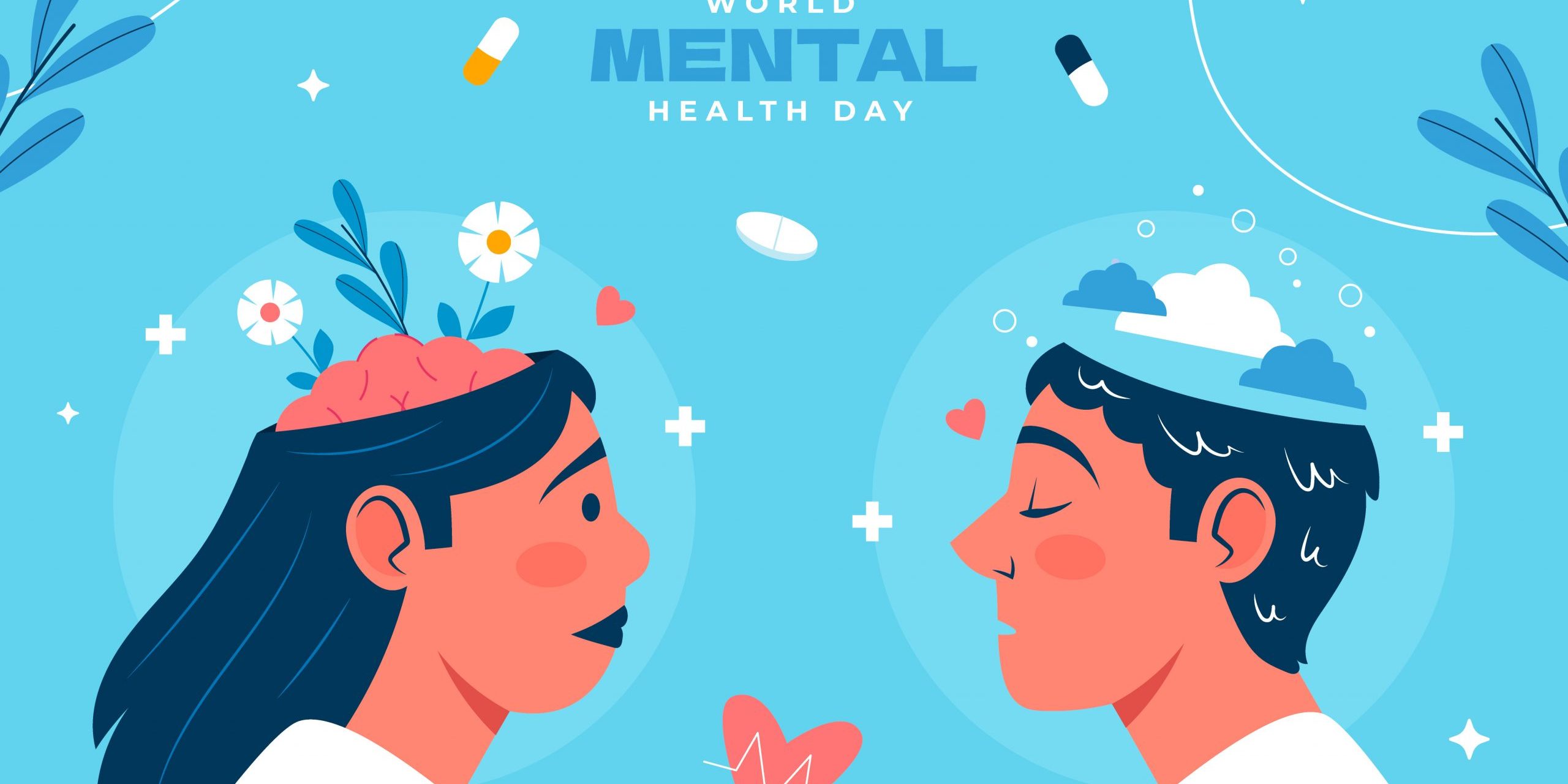
World Mental Health Day, celebrated on October 10, spotlights mental health and this year’s theme, “Mental Health at Work,” focuses on how workplaces can influence well-being. According to Jobstreet by SEEK’s 2024 Hiring, Compensation, and Benefits Report, 18%of employers described their workplace as ‘highly stressful,’ with the consumer services sector ranking as the most stressful, followed closely by retail and trade. The report highlights that the leading sources of employee stress include heavy workloads (37%), insufficient training or support (30%), and high-pressure demands from management or fast-paced environments (29%). Effective support at work is crucial, not only through stress management but also by ensuring that nutrition is prioritised to improve mental health.
How does nutrition affect our mental health?
Nutritional psychiatry has found that the gut-brain connection plays a crucial role in mood regulation. Gut bacteria influence neurotransmitter production, like serotonin, which affects our emotions. This connection highlights how our diet serves as essential fuel for the brain. Like an expensive car runs optimally on high-quality fuel, our brains function best when we provide them with nutritious foods. Conversely, if low-quality fuel is given to the expensive car, it can be damaged. So, similarly, low-quality food can harm both our brain function and mood.
Nutrients like omega-3 fatty acids, found in fish and seafood, play a vital role in brain health, regulating neurotransmitters like serotonin and promoting neurogenesis. Omega-3s help lower inflammation and promote the production of Brain-Derived Neurotrophic Factor (BDNF). BDNF is important for brain flexibility and resilience. Low levels of BDNF are often linked to mental health issues like depression, PTSD, schizophrenia, and Alzheimer’s disease.
Besides that, a diet rich in vitamins like B12 and B9, minerals like zinc and antioxidants nourishes the brain and protects it from oxidative stress, while poor nutrition, especially diets high in refined sugars and processed foods, can lead to inflammation and impaired brain function, worsening mood disorders like depression. Additionally, diets rich in fish, vegetables, and unprocessed foods, like the Mediterranean diet, are linked to lower risks of depression, while Malaysian diets high in refined grains, sugars, and saturated fat increase the risk of depression, cognitive decline and ADHD.
Simple ways to improve mental health through diet
Here’s how you can improve your mental health at work through diet, broken down into actionable steps:
- Plan and meal prep for balanced meals:
Ensure you have healthy and balanced options readily available at work by planning and prepping your meals in advance. Aim to include a fist-sized portion of complex carbohydrates like brown rice, corn, or oats for steady energy and serotonin production, which helps regulate mood. Add a palm-sized portion of lean protein, such as ikan tenggiri papan, chicken, or plant-based options like tofu, to provide essential amino acids for neurotransmitter production that boost mood and motivation. Finally, fill half your container with colourful vegetables like spinach, broccoli, or carrots, which are packed with vitamins and minerals that support brain health and reduce inflammation. Meal prepping not only saves time but also makes it easier to stick to nutritious choices during your busy workdays!
- Prioritize omega-3 fatty acids:
Omega-3s are vital for brain health, helping to combat inflammation and balance omega-6s found in processed foods. Incorporate oily fish like ikan tenggiri papan or ikan tenggiri batang at least thrice a week as your choice of protein in your lunchbox for work. Affordable alternatives like ikan kembung, canned sardines, canned tuna, ikan bilis, tofu or soybeans are great too.
- Swap sugary snacks for brain-friendly alternatives:
Refined sugars can cause energy crashes and mood swings. Healthier snacks can help stabilize your energy and mood. Stock your office pantry with brain-boosting options like peanuts (rich in omega-3s), yoghurt (for probiotics), and fresh fruit instead of processed snacks. Yoghurt with granola makes for a quick, nutritious choice.
- Stay hydrated throughout the day:
Dehydration can impact mood, memory, and concentration, making hydration crucial for brain function. Keep a water bottle at your office desk and make it a habit to drink regularly. Add a slice of lemon or cucumber for a refreshing twist.
- Limit caffeine and avoid or reduce alcohol consumption:
Excessive caffeine can lead to anxiety and energy crashes, while alcohol disrupts brain function and mood regulation. Limit yourself to one cup of coffee or tea in the morning at work and avoid caffeine in the afternoon and evening to prevent disruptions to your sleep. Green tea is the best choice due to its antioxidants that support brain health. If you choose to drink alcohol, stick to 1 glass a day for women and 2 for men, opting for non-alcoholic alternatives whenever possible.
- Take mindful eating breaks:
Taking breaks to enjoy your meals can reduce stress and improve digestion, enhancing overall well-being. Step away from your office desk during lunch. Find a quiet space or step outside to enjoy your meal and recharge for the rest of the day.
Call to Action: Prioritize Your Mental Health with Every Bite
Since many of us spend one-third of our time at the office, it’s crucial to prioritize our nutrition at work, as it can greatly impact our mental health. By incorporating brain-boosting foods and staying hydrated, we can enhance our focus and mood throughout the day. Small changes, like swapping sugary snacks for healthier options and making lunch a mindful break, can make a big difference. Let’s remember that taking care of our mental health is important every day, and a well-nourished mind leads to a more productive workplace.













